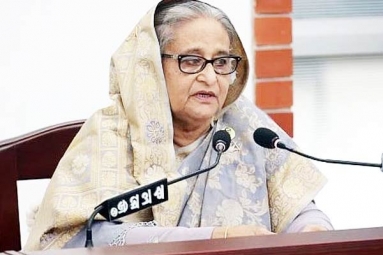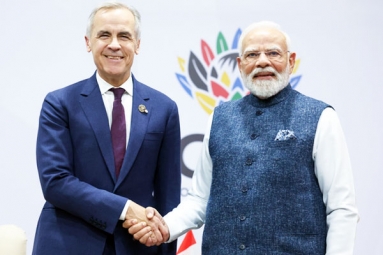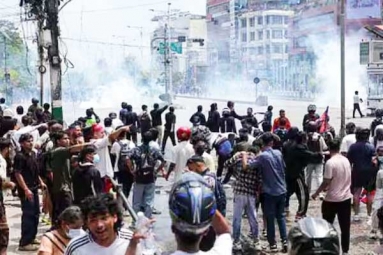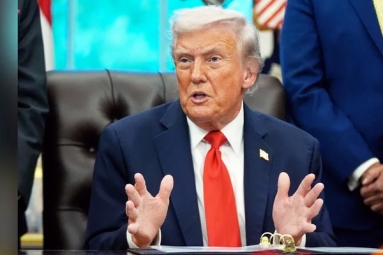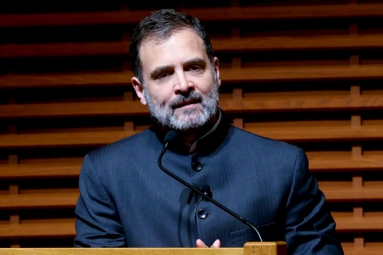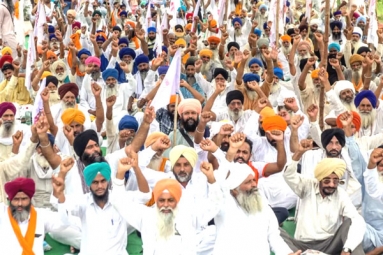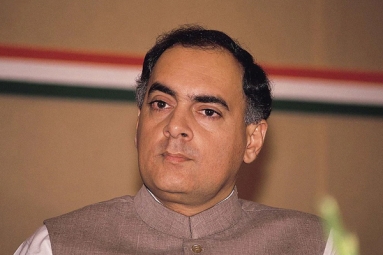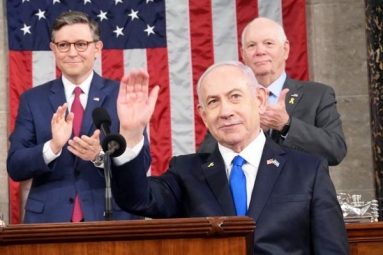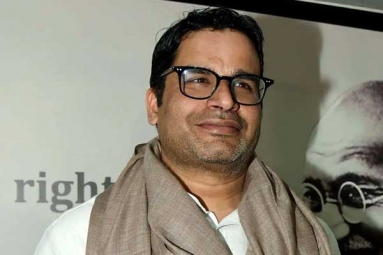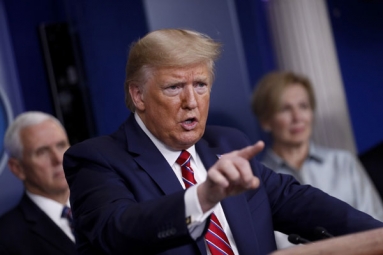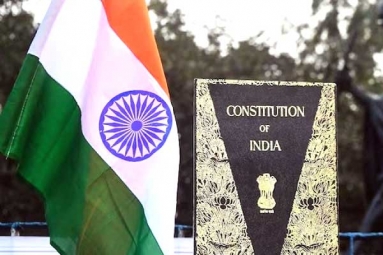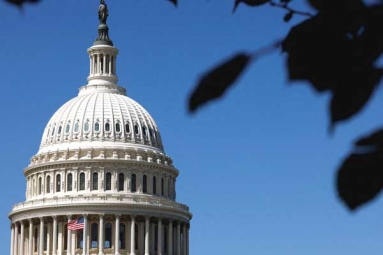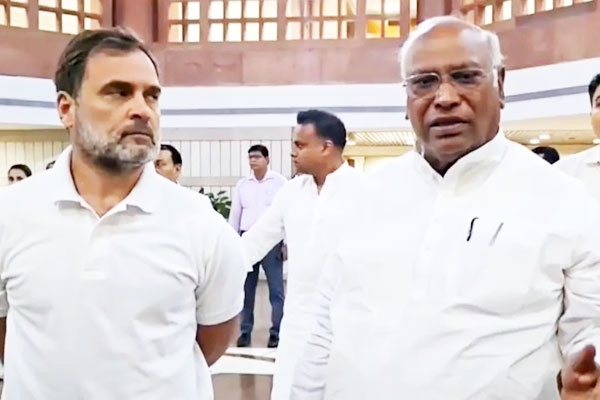
(Image source from: Ndtv.com)
The INDIA alliance is facing its most significant internal conflict following a major defeat in Bihar, with many regional partners openly doubting the strategy, leadership, and reliability of the Congress-led group. Initial whispers of discontent have escalated into direct criticisms, public complaints, and active conversations in various parties about adjusting or even breaking away from the coalition. The first significant issue arose before the elections when the Jharkhand Mukti Morcha left the alliance's agreement on seat sharing in Bihar. This party claimed that senior partners neglected them during discussions and did not keep promises made in earlier negotiations. JMM leaders have pointed out that the Bihar situation highlights a bigger issue where regional allies feel like "junior partners" rather than equal members. The party is now reconsidering its involvement in joint activities moving forward, especially in nearby Jharkhand.
The Shiv Sena (UBT) has responded strongly to the Bihar election results, labeling them a wake-up call for the opposition. Senior members have questioned not only the electoral system but also the internal coordination of the INDIA bloc. Party representatives have noted that decisions made solely by state-level Congress branches, such as running independently in many areas, have weakened the unified approach. UBT leaders believe that the INDIA bloc cannot succeed if larger parties do not consult their allies on significant choices in important states. The Samajwadi Party has been straightforward in stating that the coalition requires a serious adjustment. SP leader Akhilesh Yadav has raised concerns about procedural mistakes in Bihar and cautioned that similar administrative issues should not be allowed to disrupt future elections. Within the wider opposition sphere, some voices are advocating for a more decentralized leadership style, where regional parties—especially those with a strong presence in their states—have a bigger influence on national strategies. SP is becoming a key player in this discussion.
The Aam Aadmi Party's choice to compete independently in Bihar, made months before the elections, is now seen as an early acknowledgment of the alliance's structural problems. AAP leaders contend that expanding at the state level cannot be compromised for a loosely organized national framework. The party's demand for independence is increasingly viewed as a model that other regional partners might adopt if the INDIA bloc does not address ongoing issues regarding coordination and seat sharing. For the Congress, the results in Bihar have raised uncomfortable questions from within the alliance. Senior leaders privately recognize that the party’s poor performance in a key Hindi-speaking state weakens its negotiating power in the upcoming seat discussions. Several allies have indicated that the Congress must reform its approach to organizing, managing elections, and selecting candidates if the coalition is to stay viable. Others argue that the national alliance cannot thrive without a clear decision-making process, which is currently lacking.
Political analysts suggest that the INDIA group is at a crucial point. In the near future, dealing with the aftermath will need quick engagement, efforts to build trust, and clear agreements on sharing seats. Over time, the alliance must figure out if it is ready to change its structure to better represent the advantages of local leaders. Partners are facing a tough decision: stay in a coalition that is struggling with leadership issues or take an independent route to safeguard their important role at the state level. Currently, the discomfort is clear, calls for change are becoming more pronounced, and the decision in Bihar has turned what was once a slight concern into a serious identity crisis for the INDIA group.






